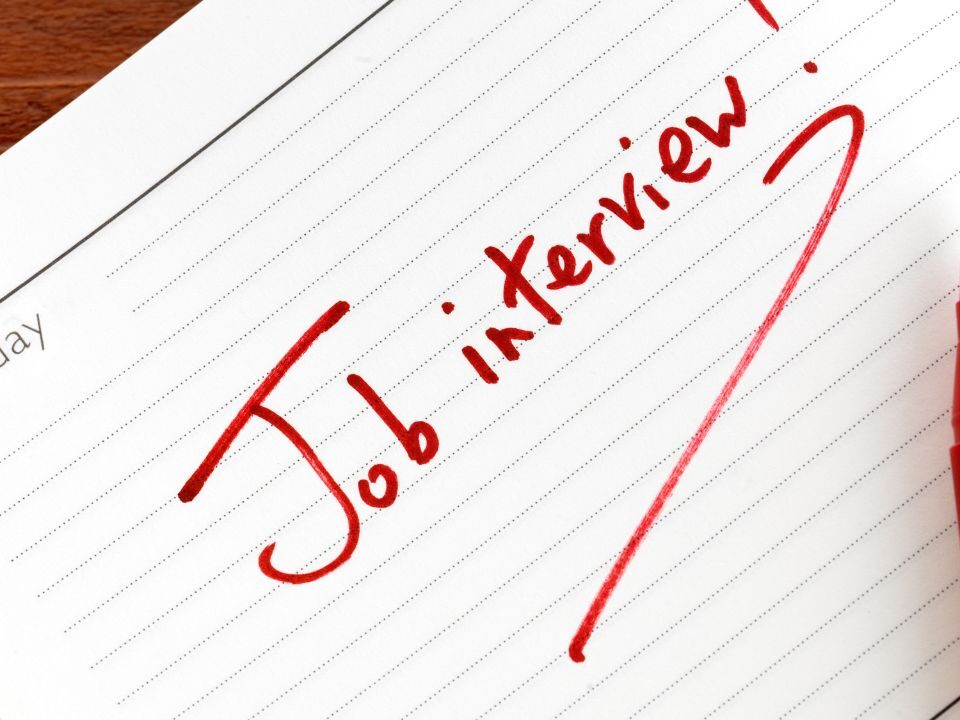
Interview mistakes that the best executives can make in today’s job market.
 In just a few days, August is gone and we are talking fall – then the dreaded Halloween celebration (inside joke), Thanksgiving, Christmas/holiday season and I am still over here looking for summer.
In just a few days, August is gone and we are talking fall – then the dreaded Halloween celebration (inside joke), Thanksgiving, Christmas/holiday season and I am still over here looking for summer.
It has been a busy, busy time for me and I have even impressed myself this month by juggling contracts with two major, federal government agencies. The plus is that I love my work and the projects have been going well, but I am just asking where the summer has gone, not complaining:)
How did your last interview go? How would you rate yourself – good, mediocre, somewhere in between? No matter how much experience you have with conducting interviews or sitting in the interviewing seat, don’t overlook this common mistakes.
Don’t think that interview blunders are just for the inexperienced, early-in-career job candidates.
In Katharine Hansen’s book, Top Notch Executive Interviews, she summarized her research and findings about interview mistakes many executives are still making in today’s job market. I was pretty surprised about what she found…unfortunately, there are too many to report, so, I sifted through them and decided to focus on these seven:
1) Giving long-winded answers
This is one area I warn my clients about over and over again. The best approach is to listen carefully to the question, focus on about three key points in your answer and then stop talking. I have found that interviewees get nervous when there is silence, so they feel the need to keep talking.
2) Criticizing your current or former employer
This approach is just bad all around – regardless of how negative or disappointing your experience with your former employer has been, provide your interviewer with highlights of experience that would be most beneficial to the new company.
3) Providing generic answers with no real substance
Avoid vague answers like – “I am a great leader who gets the job done” or “I am known for being a good team player” – these are answers that anyone can give. Instead, support claims about your strengths or areas of expertise with specific examples. Try using C-A-R or S-T-A-R strategy to formulate your answers.
4) Having no knowledge about prospective company
There is no excuse for walking into an interview without doing any research on the company. Start off with the company’s website and annual reports, search prweb.com and other online press release sources to learn about any recent company changes, Google the person(s) who will be interviewing you if possible, and maximize your personal and professional network to learn insider tips before going on your actual interview.
5) Asking vague questions about the position
Before going on an interview, think carefully about what you would like to know about the company that would help you make a decision. Remember to interview them as much as they are interviewing you – when given the opportunity to ask questions, make sure that you ask plenty of questions.
A few easy ones to start with are:
— Who will I be reporting to directly?
— Are there growth opportunities through this position?
— How many people have held this position in the past year?
— What are the challenges or issues currently facing the company or division?
6) Giving overused responses
I am often amused in the beginning when conducting interview coaching and I get the “canned”, predictable interview answers. Sure there are a lot of resources out there that guide you in interview preparation, but make sure that you bring YOU to the interview.
Respond to questions in your own voice, let your personality shine through, remember to smile and be yourself – not every answer you find in a career book can be used in your interviews.
7) Appearing lethargic and disinterested
It is redundant to say that we are really in some tough times – more likely than not, you will go on a series of interviews and have to go through a lot of “no’s” before you get a job offer. However, do everything possible to check your disappointment, disillusion and fear at the door and bring you best foot forward.
Be energetic, excited, enthusiastic and optimistic – I know that this is not an easy task, but take advantage of your personal support team or local job clubs to help you get through the unemployment phase.




